Baby Acne and Breast Milk: Causes and Treatment
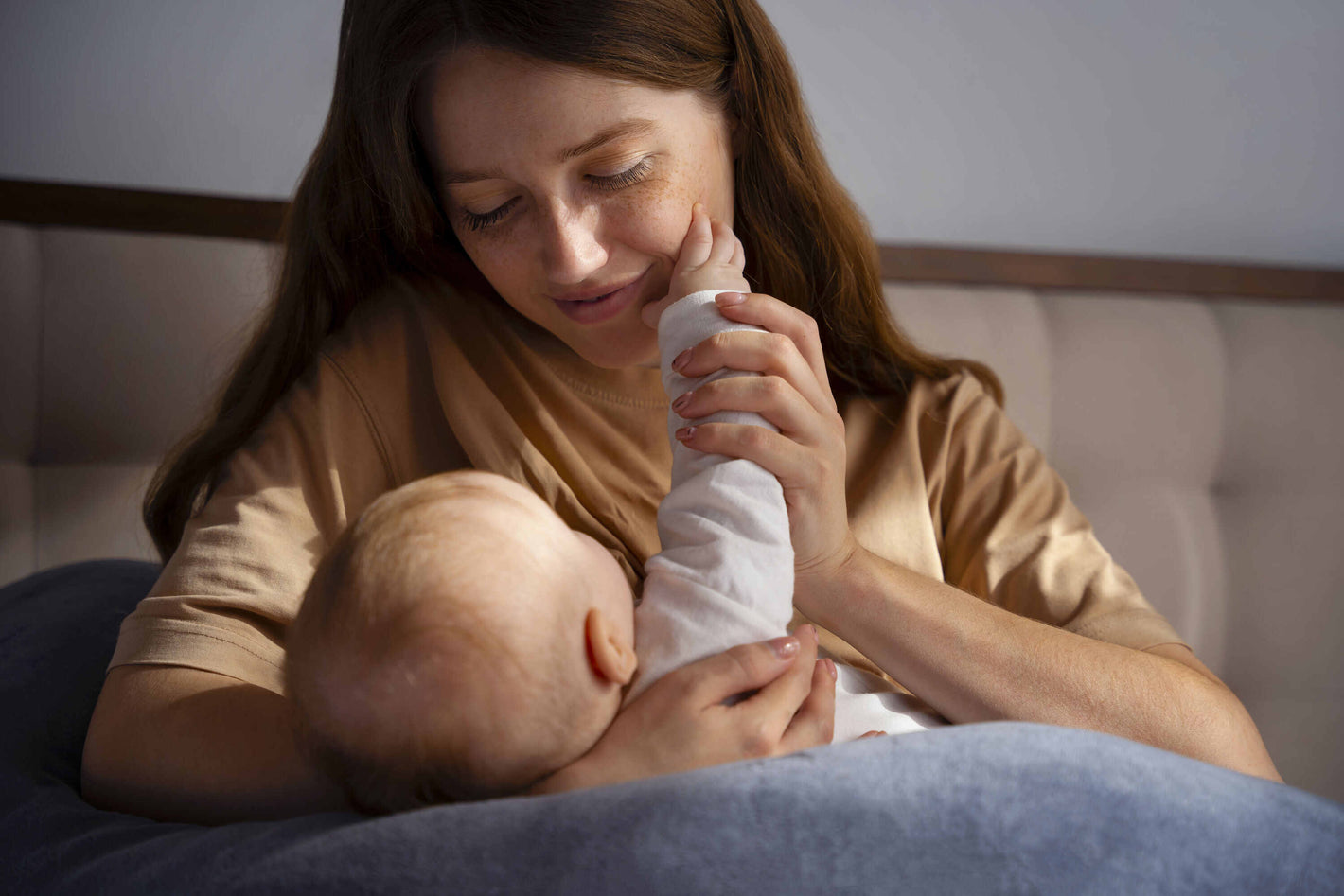
Related products
Many new parents are surprised to discover small red or white bumps on their baby’s face, backs, cheeks, and chin, often appearing weeks or months after birth. This common condition, known as baby acne, can be unsettling, especially when you’ve worked so hard to care for your newborn’s delicate skin. The good news is that in most cases, baby acne is completely harmless and tends to resolve on its own. However, there are ways to help soothe the skin and support faster healing, especially with the right skincare routine and gentle baby products.
Breast milk is an effective and surprising treatment if you need a solution for your baby's acne. In this article, we will explore the causes of baby acne and learn about using breast milk to treat it. Please keep reading for our in-depth insights.

Visit us for a more detailed overview of acne, its types, causes, symptoms, diagnosis and treatment.
What Causes Baby Acne?
The exact cause isn't definitively known, but it's widely believed to be linked to maternal hormones that stimulate the baby's oil glands (sebaceous glands) shortly before and after birth. These hormones cross the placenta in the final weeks of pregnancy. The baby's skin is still maturing and adjusting to the environment outside the womb, which can contribute.
Some research suggests that colonisation of the skin by a common yeast called Malassezia may also play a role in the inflammation seen.
Does Breast Milk Cause Baby Acne?
This is a common misconception. No, feeding your baby breast milk does not cause baby acne. It occurs in both breastfed and formula-fed babies. The hormonal influence mentioned above is the primary suspected trigger, not the milk itself.
How does Breast Milk help with Baby Acne?
You might have heard anecdotal stories or online suggestions about applying breast milk directly onto baby acne spots. There's a long history of mothers using breast milk for various minor skin complaints. The reasoning often cited is that breast milk contains beneficial components like antibodies (such as IgA) and lauric acid, which have natural antibacterial and anti-inflammatory properties.
In this, to treat acne and reduce inflammation, dab a smaller amount of milk on the baby's skin. After dipping it in the breast milk, you can use a cotton ball or just a clean finger. Gently rub the clean finger or cotton swab on the face to reduce acne. As breast milk is safe and natural, it is advised to use it several times a day as soon as the acne clears.
However, there is currently no robust scientific evidence or clinical trial data to confirm that applying breast milk effectively treats baby acne. While dabbing a small amount onto spots is unlikely to be harmful (provided the skin is cleaned afterwards), it's not a medically proven treatment. Some experts caution that milk residue left on the skin could potentially encourage bacterial growth. Relying solely on breast milk might delay seeking appropriate advice if the rash is actually something else or becomes infected.
Managing Acne for Babies and Kids
When it comes to managing baby acne at home, simplicity is key. Avoid using harsh soaps or adult skincare products, and instead opt for items specifically designed for babies’ delicate skin.
It’s also worth incorporating a nourishing moisturiser into your baby’s daily routine. Products from Welzo’s child and baby skincare products range can help keep skin hydrated and reduce irritation caused by dryness. Many parents have found that applying a small amount of baby moisturiser after a bath helps to lock in moisture and protect the skin while it heals. Similarly, using lukewarm water and a fragrance-free body wash specifically developed for young skin and can help remove milk residue, dirt and excess oils gently, without aggravating any existing breakouts.
For those looking for more natural approaches, there are also homeopathic options worth exploring. Welzo’s baby and child homeopathy collection includes remedies made with herbal ingredients often used to support healthy skin in infants. While homeopathy isn't a cure-all, some parents prefer these chemical-free alternatives, especially if they are already using natural approaches to healthcare more broadly.
Safe Management and Treatment for Baby Acne
The best approach for typical baby acne is usually gentle care and patience:
-
Keep it Clean: Wash your baby's face gently once a day with lukewarm water. You can use a mild, fragrance-free baby soap or cleanser if necessary, but often water alone is sufficient. Welzo offers a trusted selection of child and baby skincare products, including gentle formulations that are free from irritants and known to be kind to sensitive skin. These are perfect for keeping your baby’s face clean without disrupting the natural skin barrier.
-
Pat, Don't Rub: Gently pat the skin dry with a soft towel. Avoid rubbing, which can irritate the skin.
-
Avoid Oily Products: Don't apply oily lotions, creams, or baby oil to the affected areas, as this can block pores further. If your baby has dry skin elsewhere, use a light, fragrance-free moisturiser suitable for sensitive baby skin on unaffected areas only.
-
No Scrubbing or Squeezing: Never scrub the spots or try to pop them. This can lead to irritation, infection, and potential scarring.
-
Protect from Irritants: Try to keep saliva, spit-up milk, or formula off the baby's face as much as possible by gently wiping it away with water and a soft cloth or Cottontails Soft Oval Cotton Wool Pads. Use gentle, fragrance-free detergents for washing baby's clothes and bedding.
In most cases, baby acne clears up completely on its own without any specific treatment within a few weeks or months.
Welzo Collections offers numerous anti-acne creams, lotions, and other collections, where many of our products are tailored to sensitive baby skin.
Duration of the baby acne
Getting rid of baby acne and other skin issues requires patience. Acne is a temporary issue that automatically clears from the skin within a few weeks or months. No regular treatment is necessary if it is mild and doesn't bother the baby.

If it is stubborn and continues to disturb the baby for many months after birth and responds poorly to home remedies, paediatricians recommend medicated products like creams, lotions and procedural treatments. However, it is advised not to use over-the-counter and other harsh products on the baby's skin. These products contain many harsh ingredients that don't go well with the baby's skin.
Also, remember that baby acne resembles other conditions like milia, rash, allergic reactions, and eczema. So, it is necessary to consult the paediatrician to determine if any other skin condition is responsible.
Miscellaneous uses of Breast Milk
Breast milk is not just for clearing acne spots on the skin. It has numerous other unexpected health benefits for babies. A few drops of baby milk help soothe conditions such as teething pain, sore nipples, skin rashes, eczema, and ear infections.
A woman needs numerous products in her breastfeeding journey. Welzo collections have many brands, e.g., Lansinoh, that offer numerous breastfeeding products. Visit this page to review and buy the relevant products.
Frequently Asked Questions
1. Does feeding my baby breast milk cause baby acne?
No, feeding your baby breast milk does not cause baby acne. It's a common condition in both breastfed and formula-fed infants, likely due to maternal hormones stimulating the baby's oil glands.
2. How long does baby acne typically last?
Baby acne usually appears around two weeks after birth and typically clears up on its own within a few weeks to a few months, generally by the time your baby is 3 to 4 months old, without leaving scars.
3. Can I put breast milk on my baby's acne spots?
While some parents anecdotally use topical breast milk due to its natural properties, there's no strong scientific evidence it treats baby acne. It's likely harmless for minor spots if cleaned off, but gentle cleansing with water is the standard advice. Always consult your health visitor if unsure.
4. What's the best way to clean a baby's face with acne?
Clean your baby's face once a day with lukewarm water and pat gently dry with a soft towel. Avoid scrubbing, oily lotions, and squeezing the spots. Mild, fragrance-free baby soap can be used if necessary.
5. When should I see a doctor about baby acne?
See your GP or health visitor if you're unsure it's baby acne, if it appears after 6 weeks of age (infantile acne), seems severe or infected (e.g., very red, swollen, pus-filled), or if your baby appears unwell or has a fever.
6. Does kissing cause acne in babies?
No, affectionate kissing on babies' cheeks after they are born doesn't cause acne. Acne results from hormonal changes that cause temporary clogging of the pores.

When to Seek Medical Advice
While standard baby acne is harmless, it's sensible to consult your health visitor or GP if:
- You're unsure if it's baby acne or another type of rash (like eczema or an infection).
- The spots look very inflamed, widespread, or are developing into larger cysts or nodules.
- The acne appears after 6 weeks of age (this is termed infantile acne, which can sometimes be more persistent, may include blackheads/whiteheads, and occasionally warrants investigation or treatment to prevent scarring).
- The spots seem infected (increased redness, swelling, warmth, pus discharge).
- Your baby seems unwell, has a fever, or is very irritable along with the rash.
- The acne persists beyond 4-6 months or seems to be worsening significantly.
Your health visitor or GP can confirm the diagnosis and rule out other conditions. Very rarely, prescription treatment might be considered for severe or persistent infantile acne.
Seeing spots on your new-born can be worrying, but rest assured that baby acne is very common and usually temporary. It's typically a passing phase related to hormonal changes and skin maturation, not a sign of poor hygiene or anything you've done wrong. Remember, feeding your baby breast milk doesn't cause it.
While the anecdotal use of topical breast milk persists, the recommended approach focuses on gentle cleansing with water, avoiding irritants, and allowing the skin to clear naturally. Patience is key!
Always trust your instincts. If you have any concerns about your baby's skin or general health, don't hesitate to reach out to your health visitor or GP for reassurance and advice. For gentle skincare essentials suitable for your little one, browse the baby and children's health products range at WELZO.



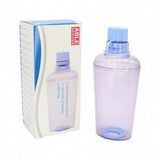
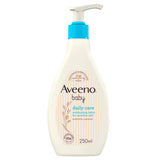
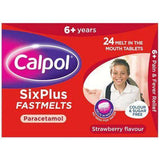
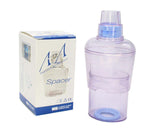
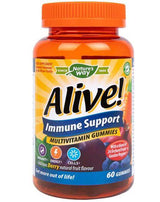
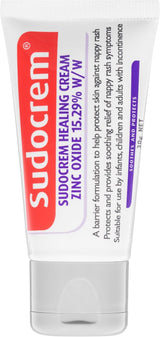
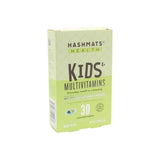

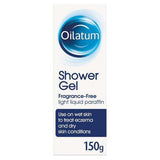
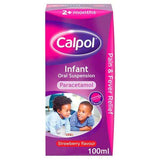

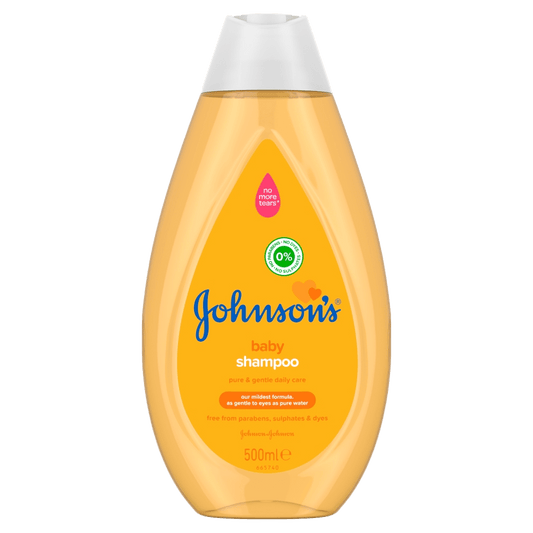


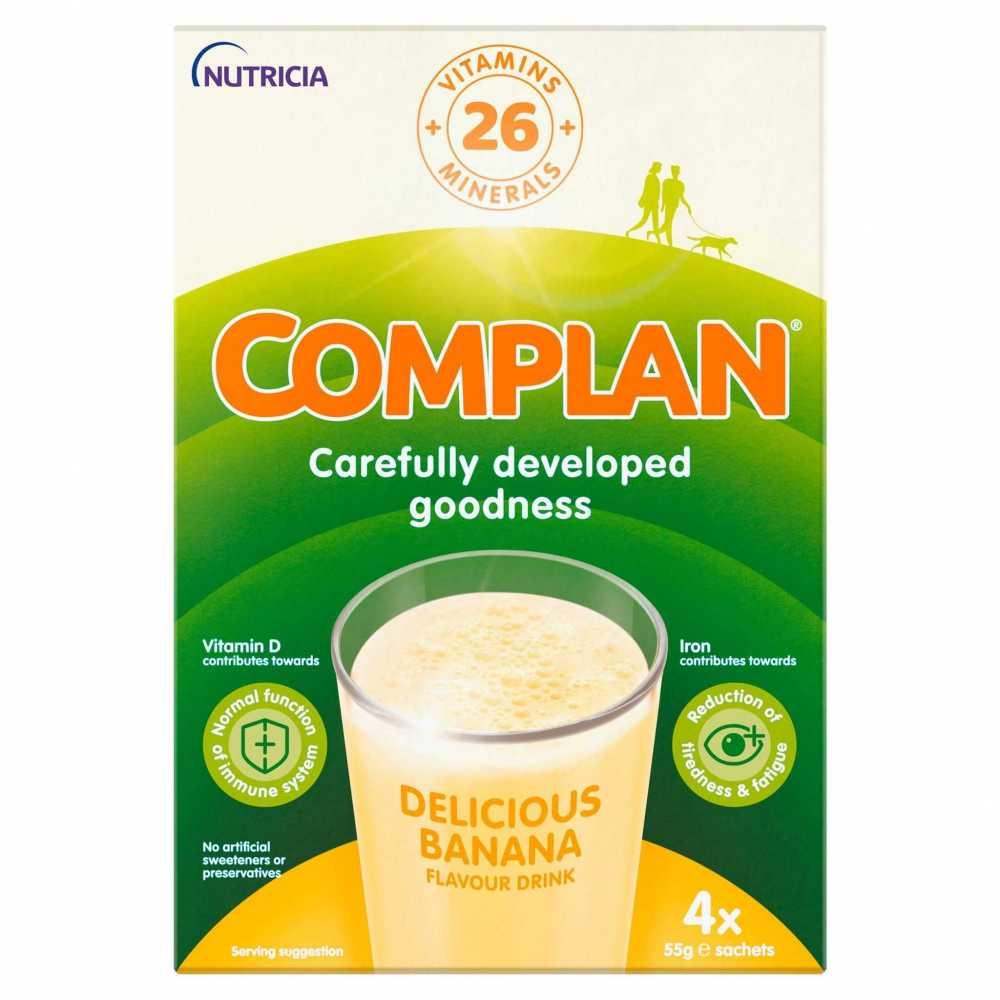
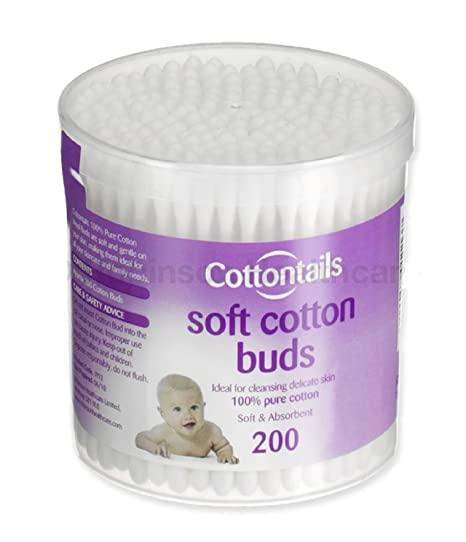
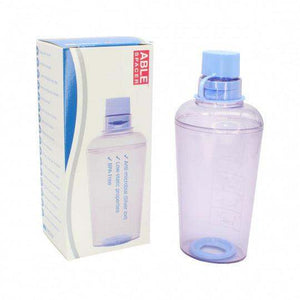

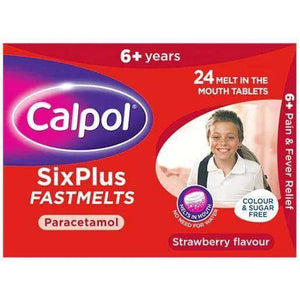
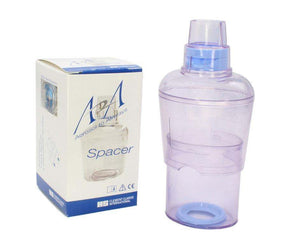
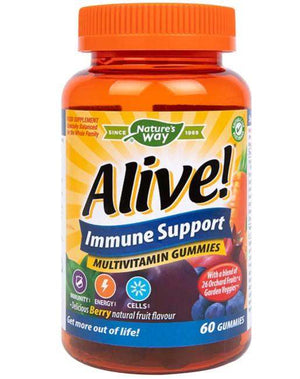
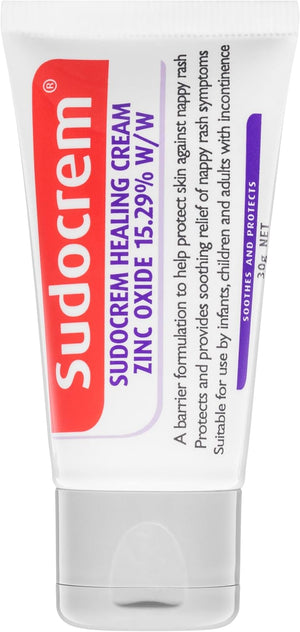
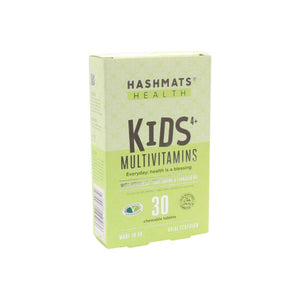



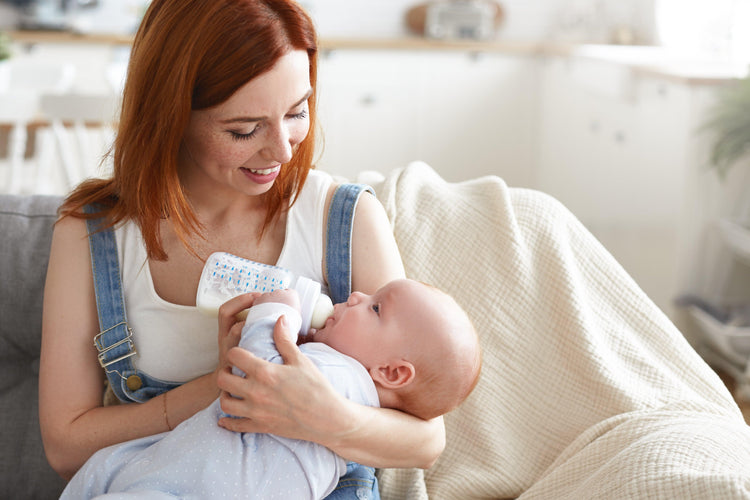

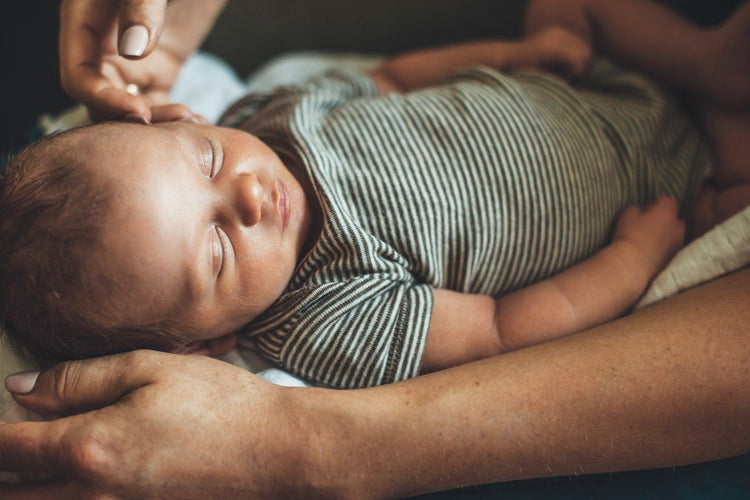
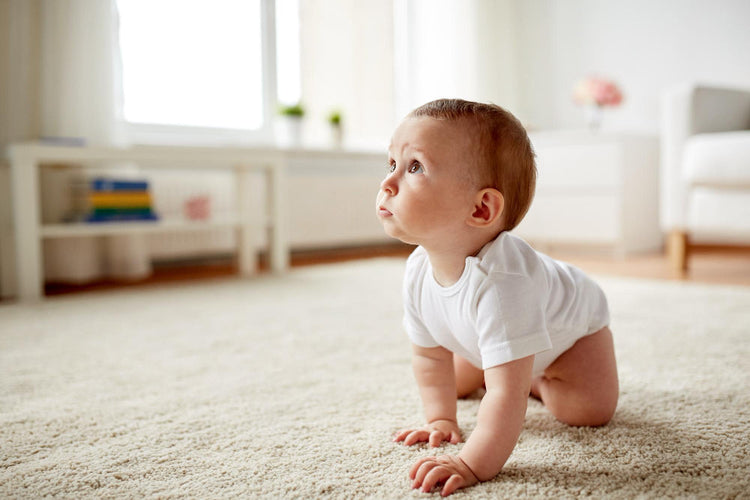
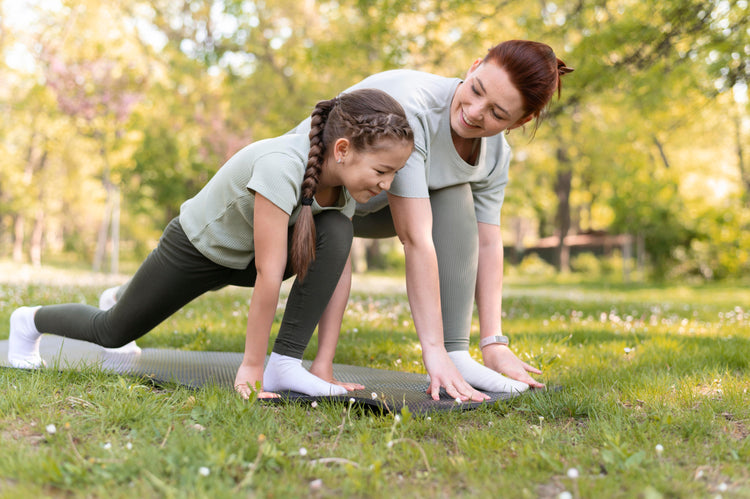

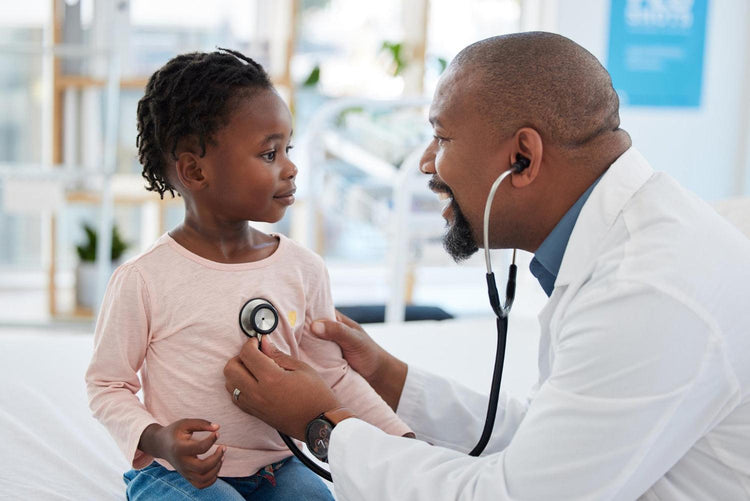
 Rated Excellent by 26,523+ Reviews
Rated Excellent by 26,523+ Reviews